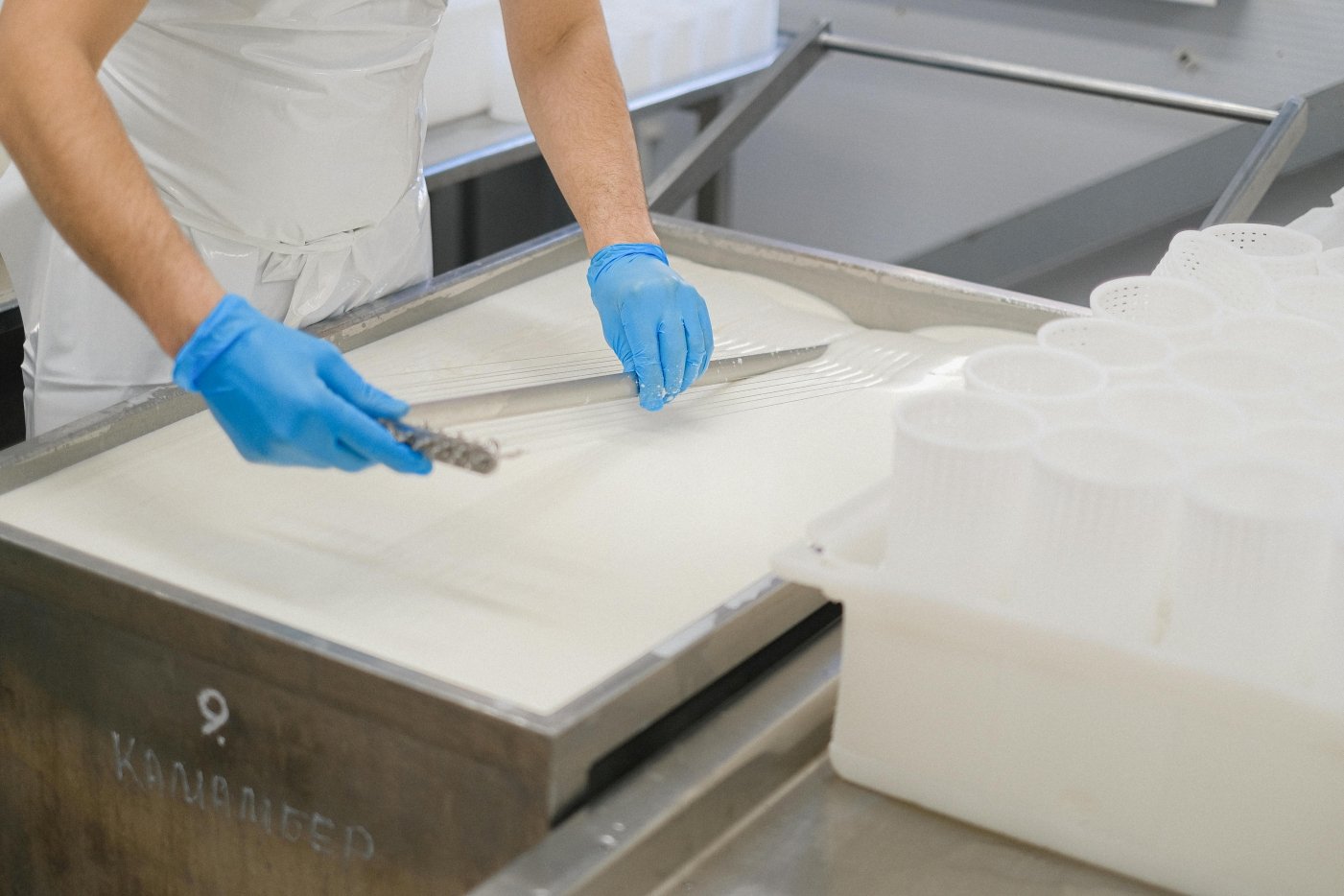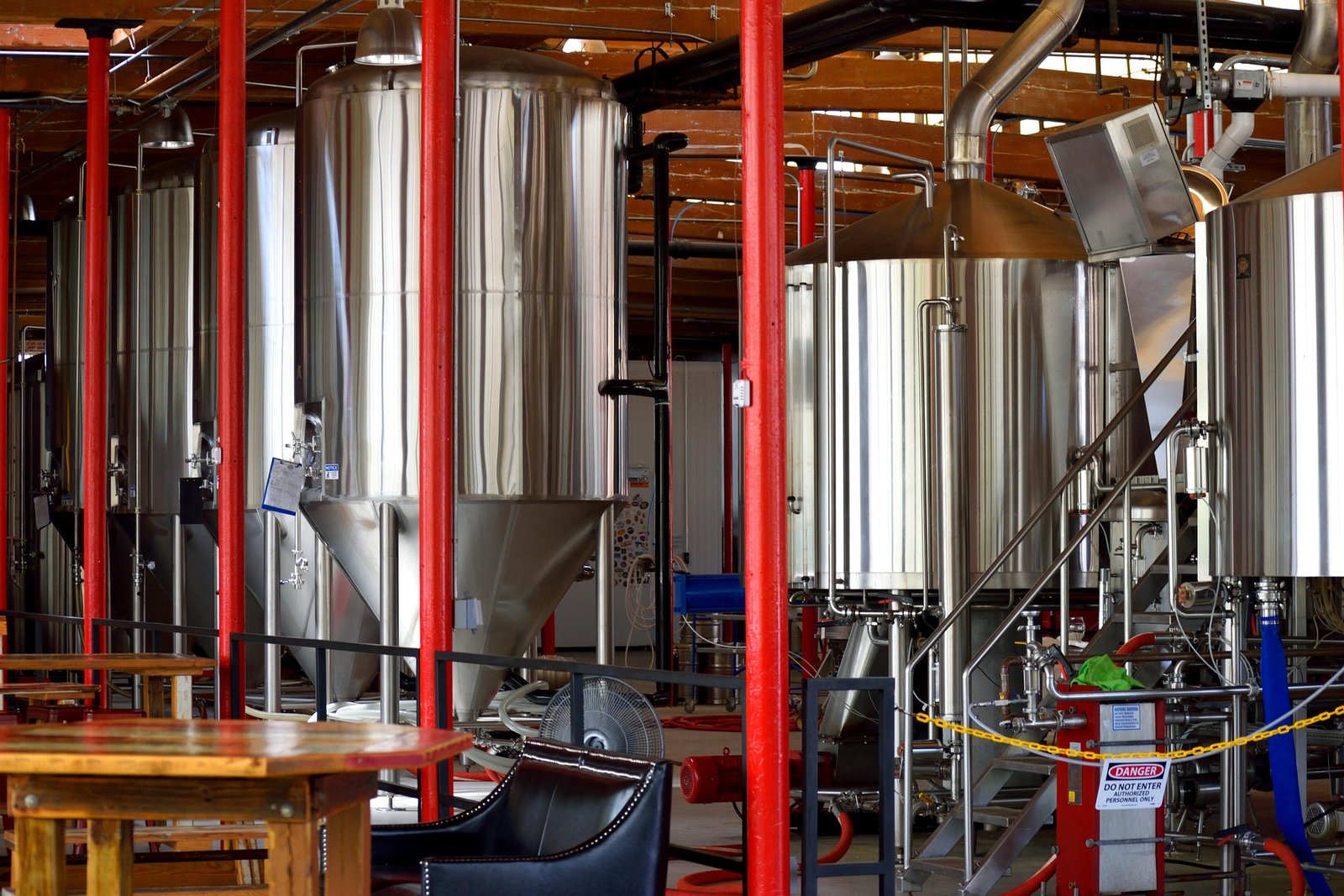How Often Should You Revalidate Your HACCP Plan — and Who Decides?
Your HACCP plan isn’t a “set it and forget it” document. It needs regular revalidation to remain effective, compliant, and relevant to current operations.
But how often should you revalidate your HACCP plan? And who gets to decide when it’s time?
Let’s break it down — in practical, audit-friendly steps.

📌 What Does “Revalidation” Mean in HACCP?
-
🔍 It’s the re-confirmation that your food safety plan works as intended
-
🧪 Involves re-assessing hazards, control measures, CCPs, and corrective actions
-
📊 Based on scientific evidence, data trends, and operational realities
-
✅ Ensures your plan remains effective under current conditions
📅 When Should You Revalidate Your HACCP Plan?
You must revalidate when any of the following occurs:
🔄 1. Process Changes
-
New processing steps or equipment
-
Changes in time, temperature, or flow
-
Automation added to a manual process
🆕 2. New Product or Recipe
-
Different ingredients with new hazards
-
New allergens introduced
-
Change in packaging materials affecting shelf life
🤝 3. Supplier or Raw Material Change
-
Switching suppliers
-
Ingredient from a new country or region
-
Raw materials with higher contamination risk
🧪 4. Product Testing Failures
-
Microbiological or chemical test failures
-
High levels of foreign matter
-
Repeated complaints on safety or quality
📋 5. Audit Findings
-
Non-conformities or observations during third-party, regulatory, or internal audits
-
Gaps found in documentation or implementation
🧑⚖️ 6. New Regulatory Requirements
-
Changes in local food law or export/import rules
-
Updated Codex or industry standards
📉 7. Recalls, Withdrawals, or Major Deviations
-
Product recalls related to hazard control failure
-
Emergency incidents (e.g. contamination, pest outbreak)
📆 Minimum Frequency for Revalidation (Even Without Changes)
Even if nothing seems to have changed, revalidate your HACCP plan:
-
✅ At least once every 12 to 18 months (industry best practice)
-
🧾 Or as per company policy or customer requirements
-
📊 After analyzing yearly trend reports or KPI deviations
👥 Who Decides When to Revalidate?
-
🧑🔬 HACCP Team Leader — Usually initiates the revalidation review
-
👥 HACCP Team Members — Provide technical, production, QA, and engineering input
-
🏭 Operations Manager / QA Manager — Often authorize the plan update
-
📋 Top Management — Must be informed and approve resource allocation
-
📆 Auditor or Regulatory Body — Can trigger mandatory revalidation based on findings
🔧 What Should Be Reviewed During Revalidation?
-
📌 All CCPs and their critical limits
-
📊 Monitoring and corrective action records
-
🧪 Scientific justification for control measures
-
🔍 Changes in hazards (biological, chemical, physical, allergen)
-
📷 Updated process flow diagram
-
🧾 Supplier documentation
-
📦 Packaging/storage/distribution data
-
👥 Staff training records related to HACCP
✅ Tips to Stay Compliant
-
📅 Set calendar reminders for annual or biannual revalidation
-
🧾 Keep a “change log” of any process updates for easy traceability
-
🔄 Use internal audits to trigger early revalidation if needed
-
🧠 Conduct refresher HACCP training to prepare staff for review
-
📂 Keep evidence of your revalidation — meeting minutes, testing data, revised plans

📣 Final Thoughts
Revalidating your HACCP plan is not just a checkbox activity — it’s your strongest line of defense against unseen risks, audit failures, and product recalls.
Don’t wait for a problem to force you into revalidation. Make it proactive, regular, and well-documented.
👩🔬 Need Help Planning Your Next HACCP Revalidation?
At CAYS Scientific, we help food manufacturers review, revise, and revalidate their HACCP systems — with scientific backing and real-floor practicality.
📞 Contact us for a HACCP Health Check session — and stay ahead of your next audit or export deadline.


